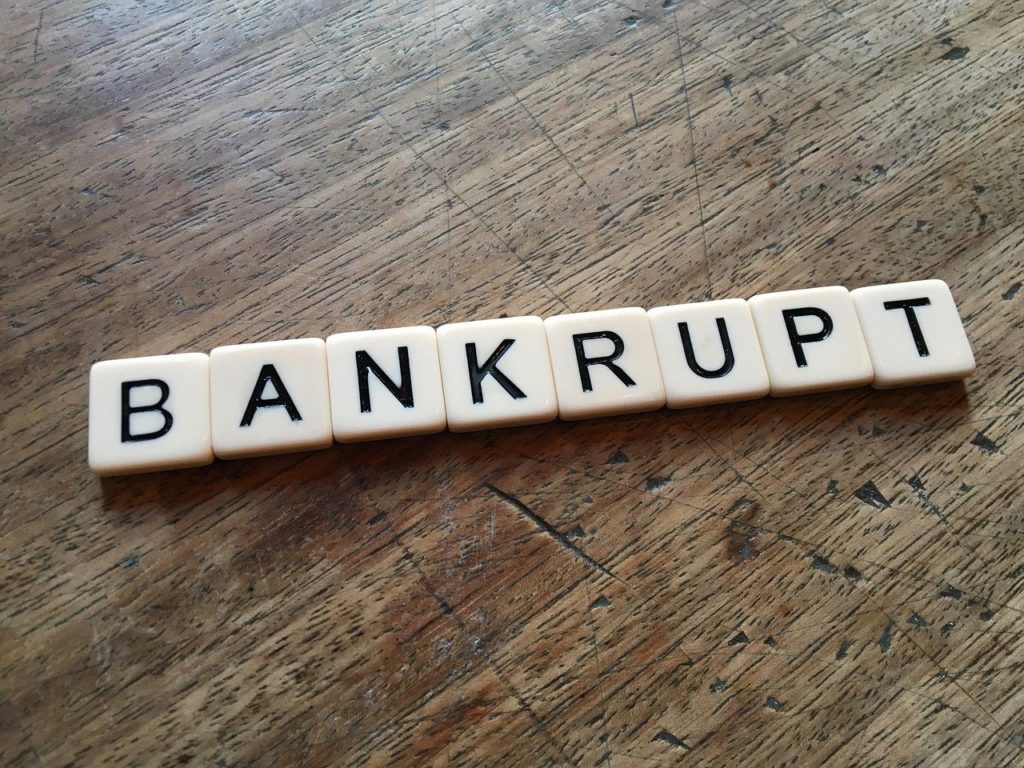Are you currently in a situation where your company is struggling to pay its creditors on time? It could mean your company is insolvent. Mackenzie Goldberg Johnson are here to provide you with help and support to guide you through this situation.
There are simple steps to take to find out if you are insolvent:
Test for cash flow insolvency
Can your company pay its debts on time? Meaning, when the debt is due? If yes, you are not cash-flow insolvent. If not, you should seek immediate advice.
Test for balance sheet test insolvency
Does your company owe more than it owns as a company itself? Or are the company’s assets exceeded by its liabilities? If no, you are probably not insolvent.
You are likely to be insolvent if:
- The business is unable to keep up with financial obligations and is regularly late making payments to creditors and HM Revenue & Customs (“HMRC”).
- The amount of money your company owes in current and contingent debts and liabilities is greater than the fair market value of all the company’s assets (i.e. – bank account funds, debtor book, equipment, property, etc.)
- A creditor has already obtained a County Court Judgment (CCJ) or has issued statutory payment demand against the company that has gone unpaid for longer than 21 days.
If any of these apply to your company’s current situation, then you could be in risk of having a winding up petition issued against the business.
Cash flow insolvency is the biggest risk out of the two; particularly for small businesses. It becomes a vicious cycle, particularly in difficult trading times. The deadline for paying bills is missed, but the company cannot boost trading in order to generate extra cash.
Signs That Your Company Could Become Insolvent
- If the company has not been able to invest and lacks the money to cover basic expenses, then the company is likely to become insolvent imminently.
- If creditors such as your bank or the HMRC have been calling constantly requesting payment for overdue debts, then don’t be surprised at receiving a winding up petition if nothing is done.
- If your business has been borrowing the maximum allowed amounts from the bank. This is a common indicator that a company is on the brink of insolvency.
It is important to note that as a director of a company in the UK you are legally obligated to act in the best interest of your creditors as soon as you’re aware of the fact that the business is insolvent. If you fail to address this, then Insolvency could eventually lead to liquidation of the company. Therefore, it is worth seeking professional help immediately.
Should you or your clients require any free, confidential and regulated advice in relation to company insolvency please do not hesitate to contact us via your usual point of contact or via 01270 212 700 or info@mgjl.wpenginepowered.com
Please remember the sooner advice is sought the more options there are available to avoid company insolvency, early action is the key.
All information is intended solely for informational purposes and should not be used as a substitute for specific professional advice.




